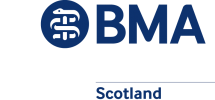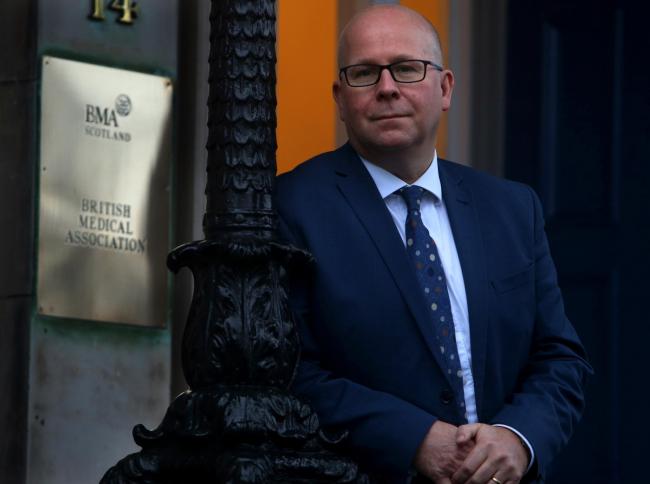Medicine has changed a lot since I qualified in 1987. I think it is a real challenge for GPs to keep up to date with so much changing, having to deal with so many different areas of medicine. But then that variety is what attracted many of us to become a GP in the first place and is what makes us so versatile and valuable to the health system; the one-stop-shop that can avoid the more costly trip to hospital.
In my last appraisal we identified a need for an update on diabetes. I’m not one for webinars or journals, as I like to learn hands on, so I contacted a local diabetic specialist and joined him at a community diabetic clinic. This usefully met my CPD needs for which I am grateful. It was the first time I had seen the software that many patients now use that continuously monitors their glucose levels and uses the data to produce quite remarkable graphics that enable tailored discussions with patient about their dietary habits and helps to inform adjustments to their medication regime. Of note there was also a diabetic nurse, podiatrist, and dietician available in the clinic for patients to consult there and then if needed.
A couple of wider reflections on this visit. Firstly the 2018 GP contract in Scotland aspired for more of a GP’s time spent on expert medical generalist (EMG) activities, that is undifferentiated presentations and complex care involving multiple long term conditions including diabetes, but in order to do that we need more time, and if anything, we are now shorter of time for chronic disease management than we were pre-2018. The theory was that this would be achieved by a combination of the expansion of the MDT and an increase in GP numbers. And while we have created a significant new MDT workforce working in the community, the evidence so far is that this has not significantly freed up GP time. As regards the GP workforce expansion, there are significant unaddressed GP retention issues, and so far there has been a hugely frustrating failure to deliver on the expansion of the GP WTE workforce, as the increase in new GPs we are training are barely keeping up with the losses.
The concept of GPs spending more of their time in EMG mode is I believe still worth pursuing. GPs could provide so much more care in the community and avoid patients requiring seeing a specialist every 6 months if we had the time, the facilities, the data and the MDT on hand to support us.
And of course the other missing ingredient in order to realise this vision is to invest in the continuous professional development of our GPs. Here once again we have gone backwards since 2018. The loss of Protected Learning Time across Scotland is keenly felt by practices. It was the one commitment that the then Health Secretary Humza Yousaf made to the 2022 Scottish LMC conference to fix. To date we have been provided with just £500,000 to support CPD for all practices in Scotland, that is GPs and their staff. It is really inadequate. The withdrawal of NHS24 cover to PLT was critical and a point I raised with the last Health Secretary, Michael Matheson when I met him last – and something he promised to look into.
We reap what we sow, and as a nation we are not investing anything like sufficiently in maintaining and developing the skills of our GPs, the most versatile of all health workers, who given the chance can with our flexible, holistic and evidence based care approach, provide a local, cost-effective solution to our patients’ needs. Again as a nation, we must do better.
Dr Andrew Buist is Chair of BMA Scotland’s GP Committee

